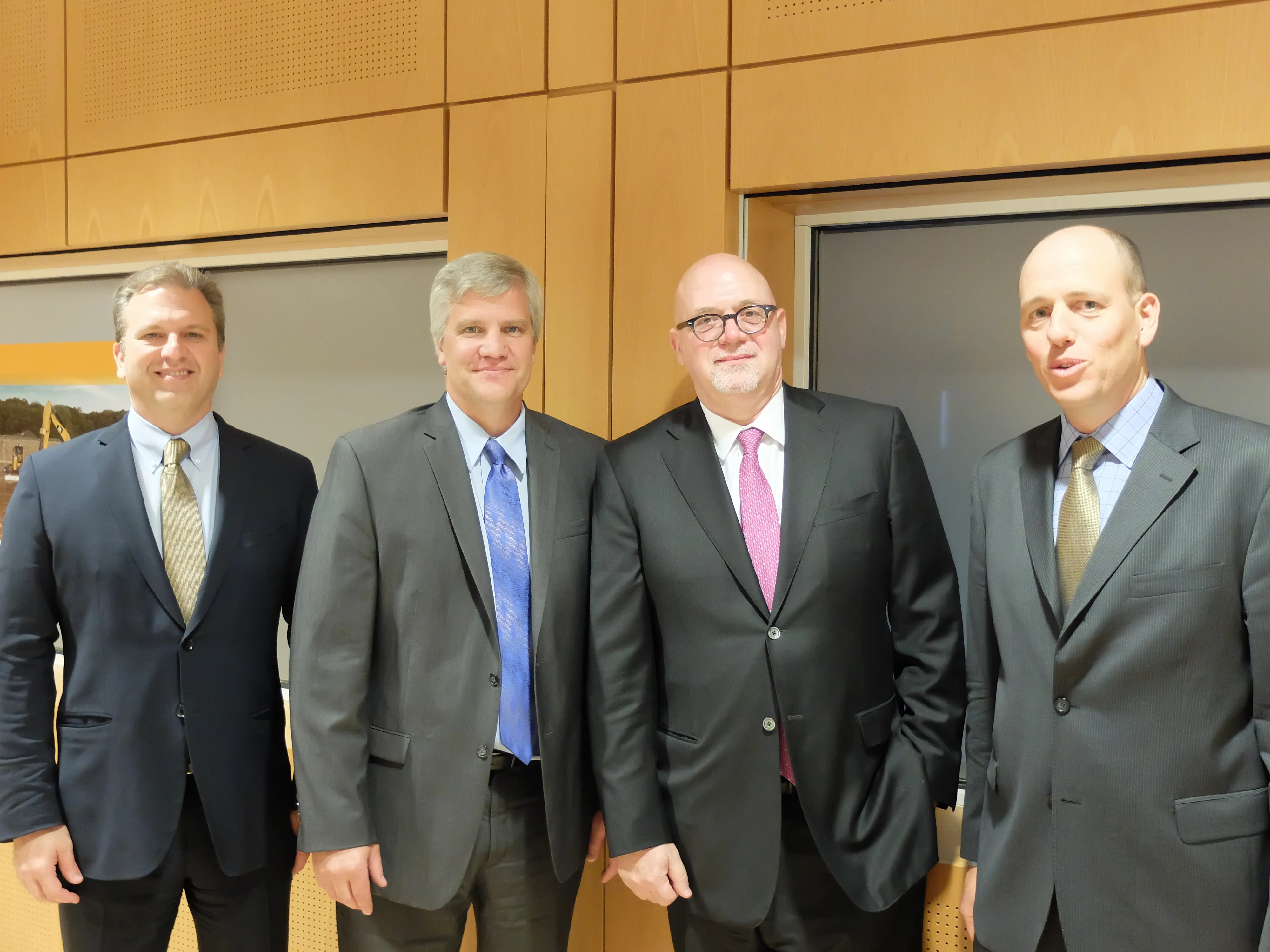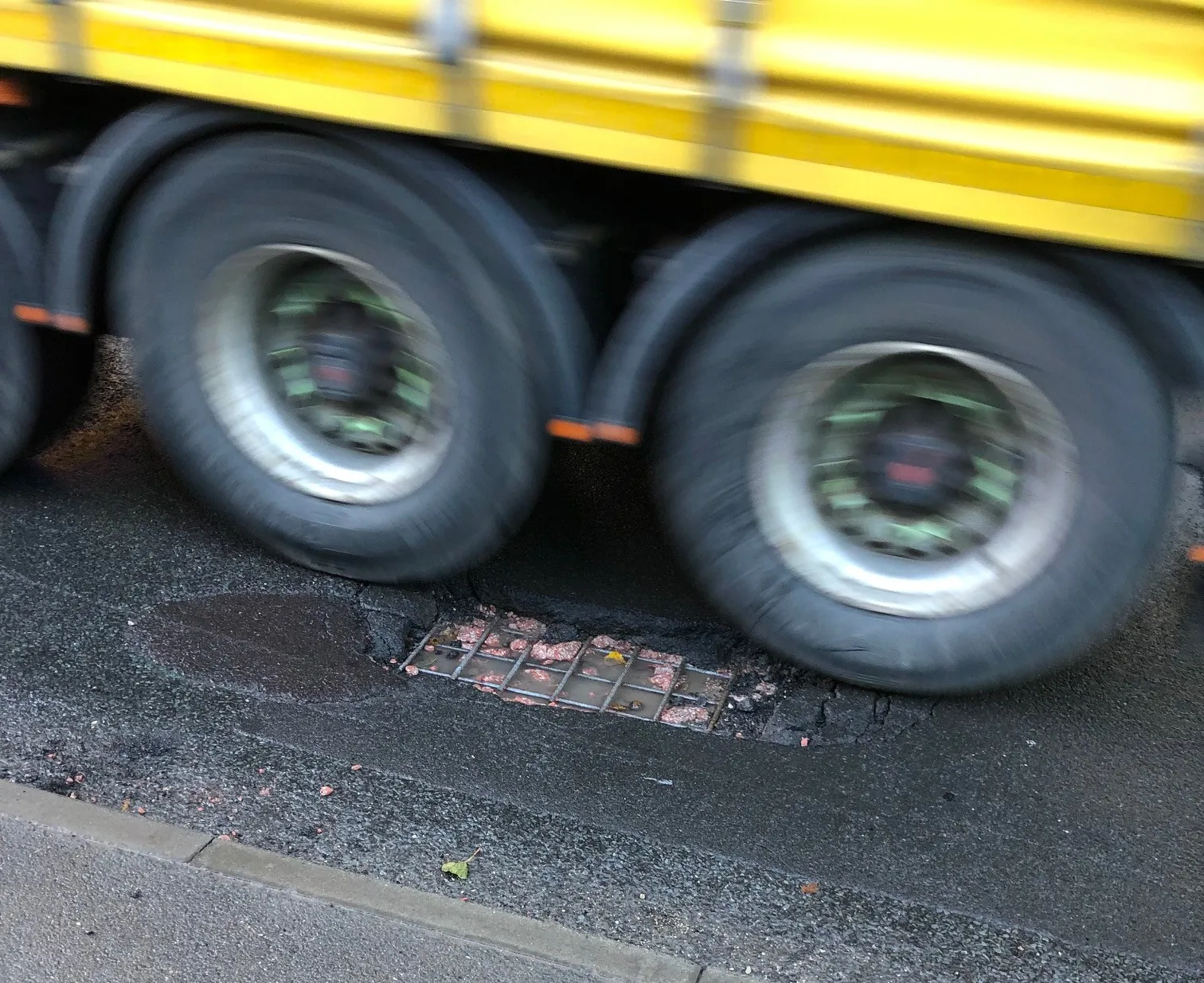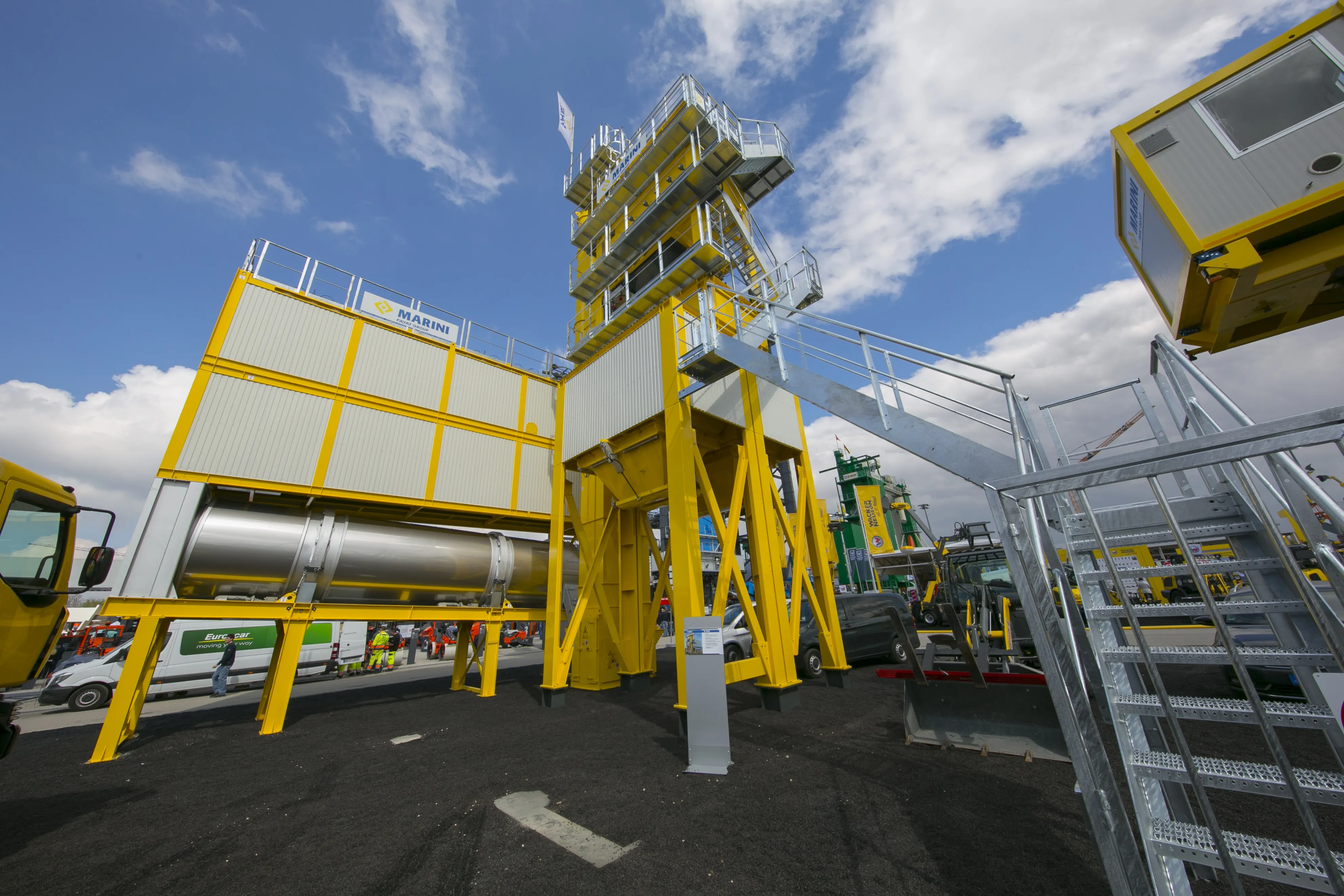May 19, 2025
Global Product Launch: In an exclusive at bauma, Fayat Group CEO Jean-Claude Fayat shares his insights on the rise of electric and hydrogen-powered equipment, the push for digitalization and safety, and the challenges facing the global construction market. From warm mix asphalt to China's growing tech edge — here’s what’s shaping the future.
To see more content from bauma 2025, visit the dedicated page of our website: https://www.globalhighways.com/bauma-2025








